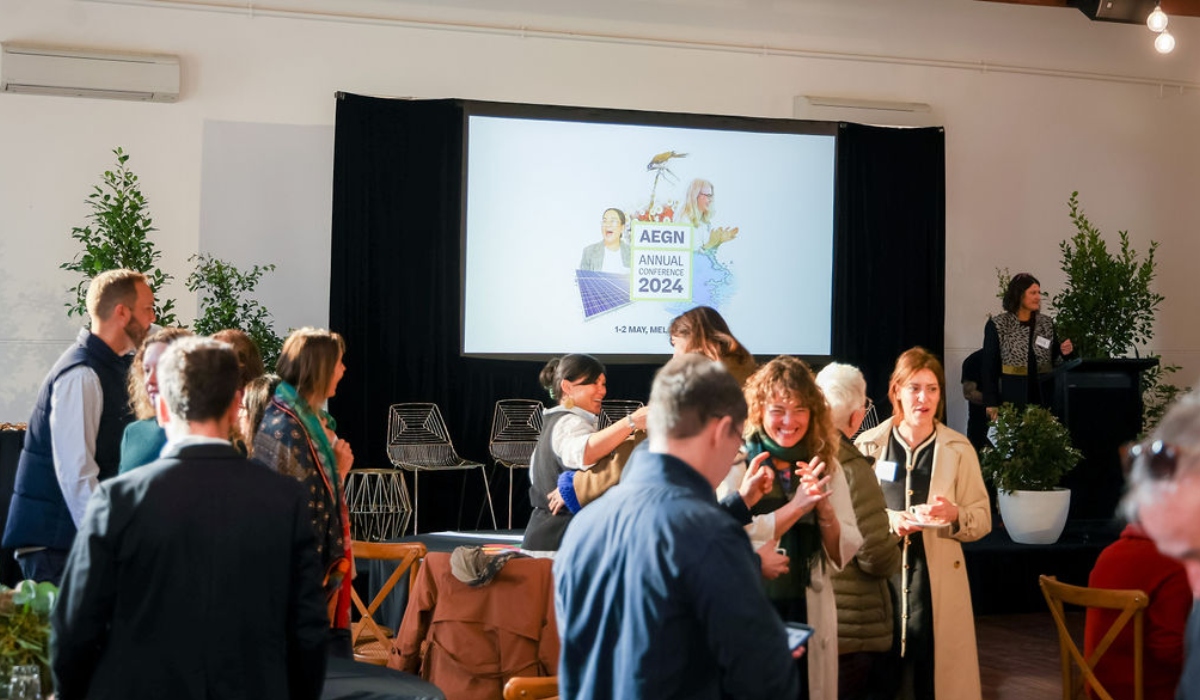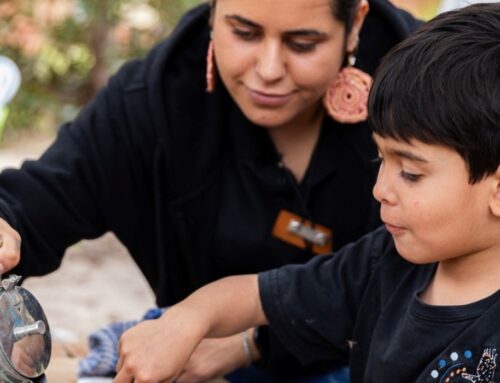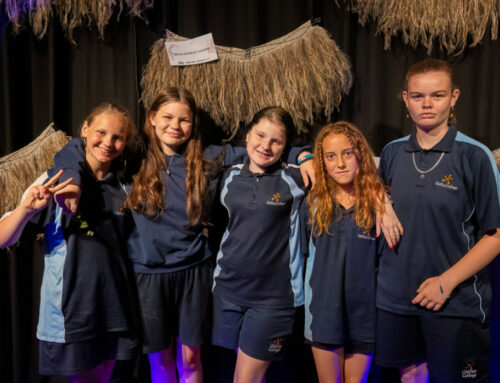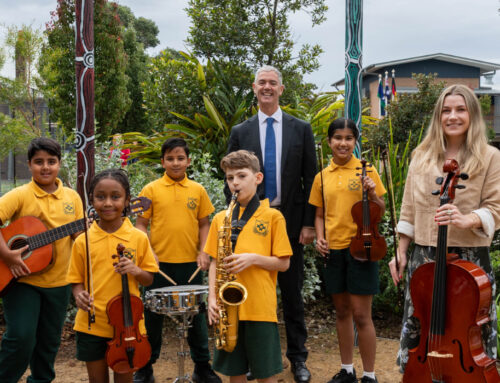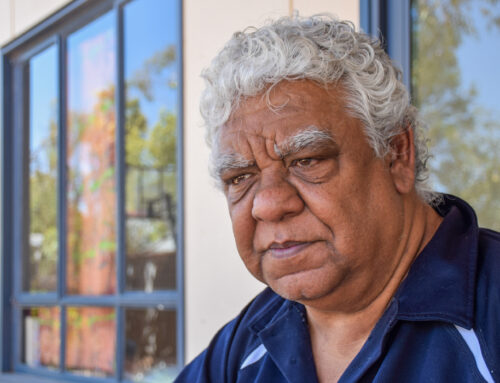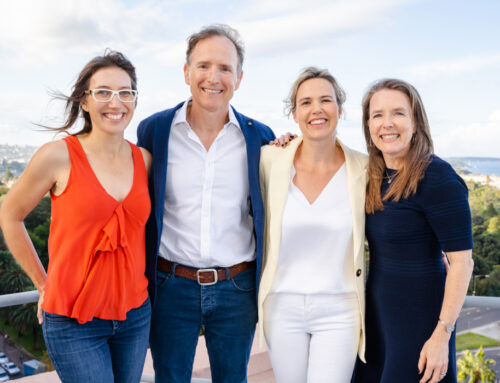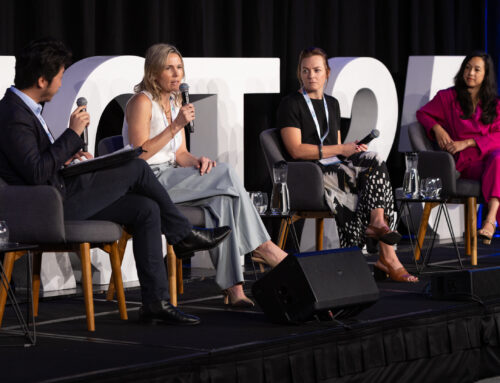“We live in the critical decade. All planetary indicators point to the collapse of our climate and environmental systems with catastrophic consequences. In this defining decade, how can we amplify voices for good; fund big change and shift systems; supercharge partnerships with civil society, governments and business; deploy the most effective funding mechanisms; and identify the pivotal issues to fund? For nature and climate, it’s time for big steps and bold ambition.”– Australian Environmental Grantmakers Network.
Its Climate Action Week in Sydney this week, a community-led initiative with a goal to take and inspire more climate-lead action.
It’s a timely moment to share insights from the annual conference of the Australian Environmental Grantmakers Network that I attended last week at Melbourne’s Abbortsford Convent, exploring how Australian philanthropists can drive urgent, integrated action to secure a safe climate and protect nature.
There were a number of well-regarded and specialised speakers, including Baroness Bryony Worthington from the United Kingdom, the Minister for Environment and Water; the Honourable Tanya Plibersek MP; Dr Ken Henry AC; Chris Croker from the First Nations Clean Energy Network; Karen Hussey, Chair of the Emissions Reduction Assurance Committee, and Leah Armstrong from International funders for Indigenous Peoples and Chair of First Australians Capital.
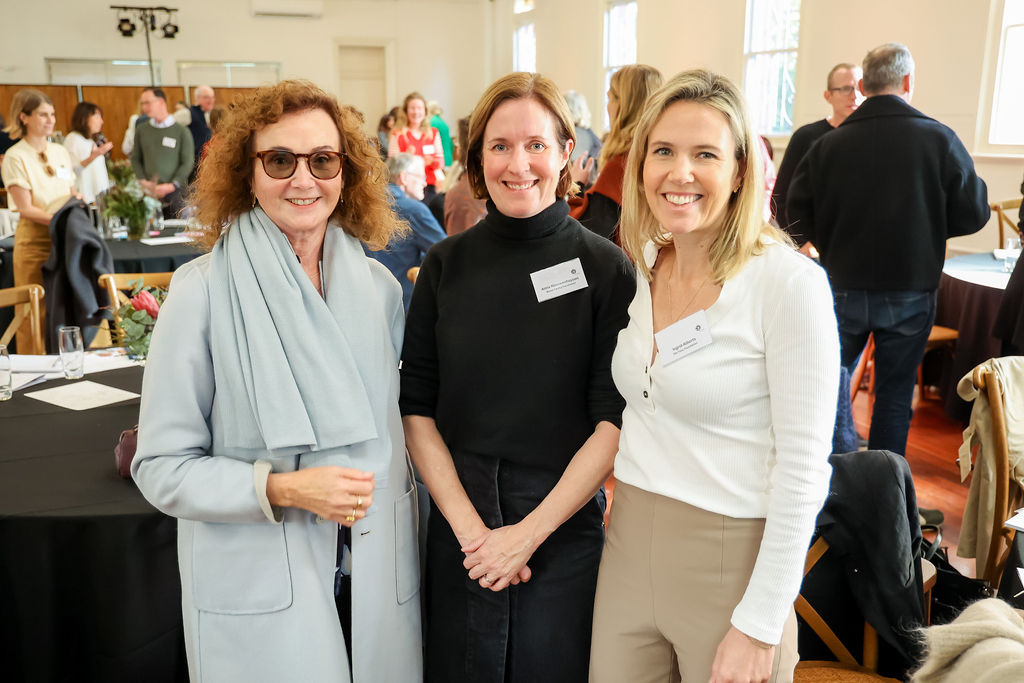
(From left): Guest with Besen Foundation’s Anna Nieuwenhuysen and The Tony Foundation’s Ingrid Albert. (Image: AEGN)
To kick off the conference on a positive note, the significant opportunity for Australia to become a world leader in the clean transition was highlighted. As one of the biggest exporters of raw commodities including lithium, and vast access to land and sun, Australia has what it takes to bring all parts of the value chain within the country – if we take action now.
Another critical thread woven throughout the conference was the necessity for funding a just transition, and the importance of engaging in consultation and collaboration with communities. Solutions aimed at achieving a safe climate and safeguarding nature must go hand-in-hand with the priorities and perspectives of First Nations and regional communities to ensure success is just and equitable.

Amanda Martin, CEO of the Australian Environmental Grantmakers Network. (Image: AEGN)
Companies, governments and any operator must have a social license to operate and consider how everyone ‘wins’ with this transition. Advocacy will play a pivotal role, as underscored in another vital discussion at the conference, which highlighted the growing number of positive climate / nature campaigns and advocacy strategies in recent years. It was acknowledged that a blend of advocacy initiatives is essential to shift public perceptions, secure new climate and nature policies, and counter misinformation campaigns. Crucially, the Australian public must remain informed, engaged and proactive on climate action to enable important climate policy, all integral to a thriving democracy.
The importance of a First Nations voice and ensuring their active participation in decision-making processes across all facets of this transition was paramount. Aboriginal and Torres Strait Islander peoples, as stewards of our land and sea, are at the forefront of climate change impacts, underscoring the urgency of their inclusion. Discussions emphasised the need for shifting power, self-determination, and building partnerships to elevate First Nations leadership and uphold the rights of indigenous people and their communities.
So, what is the best role for philanthropy to inspire more climate action?

There was a collegiate atmosphere at this year’s event.
Several innovative ideas and possibilities were explored, such as piloting new programs or critical research to unlock climate solutions, expanding and scaling existing projects, engaging in advocacy and campaigns to combat misinformation, and advocating for policy changes alongside First Nations advocacy efforts.
In light of the urgent need for climate action, the AEGN conference underscored the imperative for philanthropy to move beyond ideas and actively catalyse tangible impact, amplifying voices for change, fostering bold partnerships, and advocating for a sustainable future that prioritises both nature and climate resilience.
